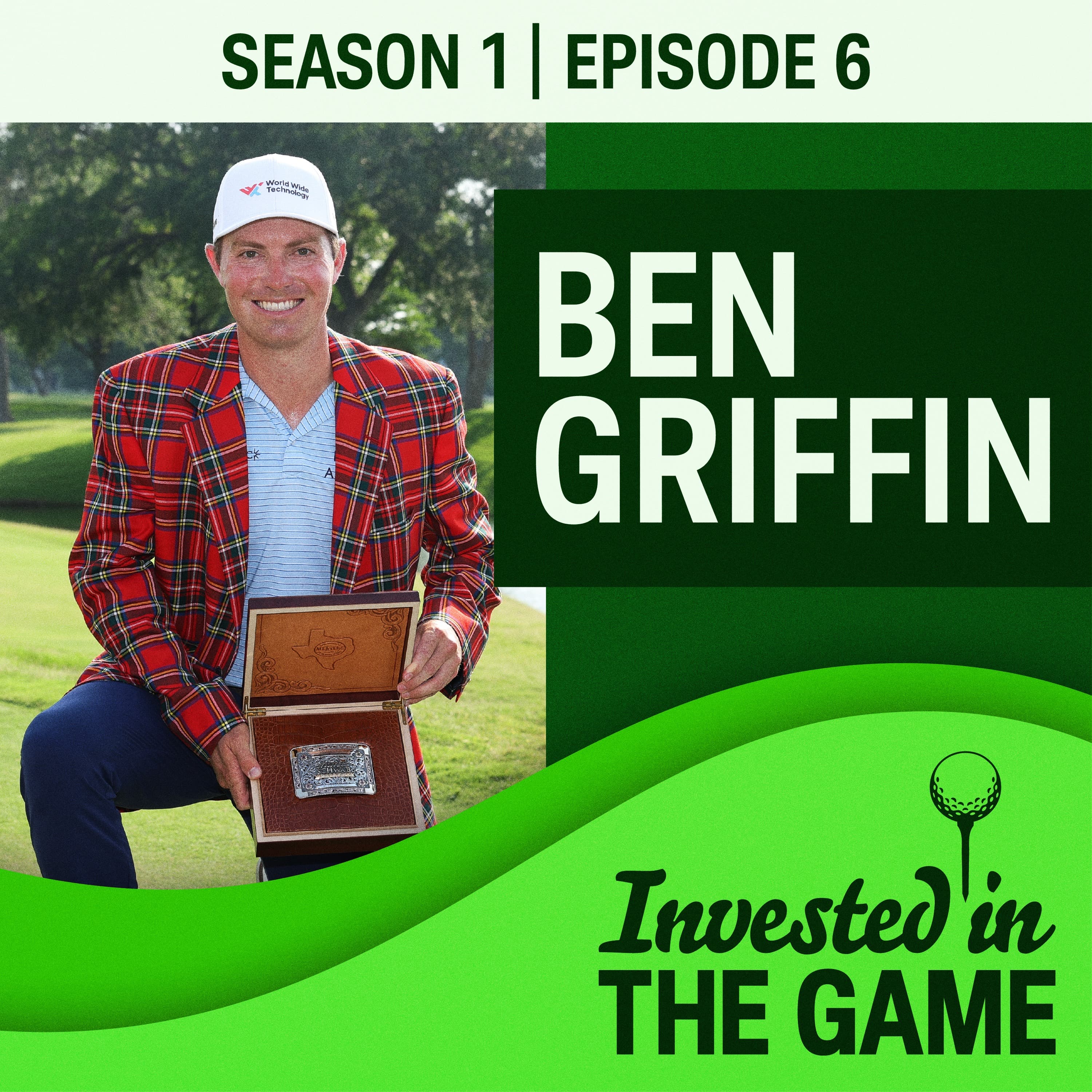In this episode, Mason Reed interviews pro golfer Ben Griffin. Ben discusses his recent success on the PGA Tour, including his win at the 2025 Charles Schwab Challenge. He shares insights on his game strategy, course management, the importance of maintaining a positive mindset, and what it takes to become an elite golfer.
Griffin reflects on his early years in golf, the support from his parents, and how his experiences along the way shaped his approach to the game. Listen as he emphasizes the significance of setting personal goals—and his excitement about future opportunities, including international travel and potential participation in the Ryder Cup.
You can learn more about the 1992 Defender prize car that Ben Griffin won, and see photos of the car, here.
Invested in the Game is an original podcast from Charles Schwab.
If you enjoy the show, please leave a rating or review on Apple Podcasts.
Check out more episodes.
The comments, views, and opinions expressed in the presentation are those of the speakers and do not necessarily represent the views of Charles Schwab.
Data contained herein from third party providers is obtained from what are considered reliable source. However, its accuracy, completeness or reliability cannot be guaranteed and Charles Schwab & Co. expressly disclaims any liability, including incidental or consequential damages, arising from errors or omissions in this publication.
All corporate names and market data shown above are for illustrative purposes only and are not a recommendation, offer to sell, or a solicitation of an offer to buy any security.
Investing involves risk, including loss of principal.
Apple, the Apple logo, iPad, iPhone, and Apple Podcasts are trademarks of Apple Inc., registered in the U.S. and other countries. App Store is a service mark of Apple Inc.
Spotify and the Spotify logo are registered trademarks of Spotify AB.
